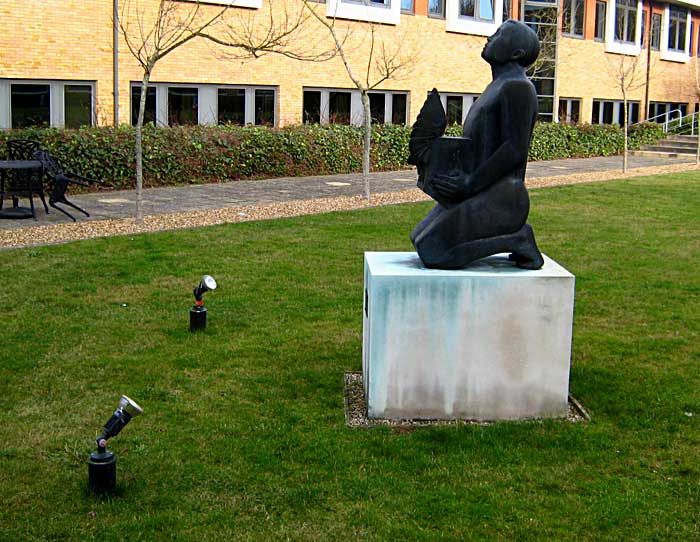Excerpt from an email sent by a colleague currently working in Africa:
FYI: Anyone watching the news right now will be aware to a greater or less extent that Kenya is hitting a big low. A Kenyan friend has written to me saying that ‘the whole country is in depression and murder, mayhem are the order of the day’. Anyone will be aware that many Kenyan people are facing a violent, dangerous & insecure time. So you should also be aware that the United Nations is currently in the process of considering evacuating ‘all staff’. All staff that is, er-hum, apart from ‘local Kenyan staff’. Whilst the UN international staff get shipped out, on huge per diems, and weep over their losses; the local staff sit tight and hope & pray they survive and that this spiral of violence ceases.
International organizations do this all the time. When the going gets tough, the humanitarians (often, not all, but often) pull out all foreign staff and leave the ‘locals’ to sweat it out. It’s their country after all, so they can fix it. The foreign staff must be saved at all costs. But why go into a job at the UN, or one of the big aidies, if you’re not prepared to stick it out when the shit hits the fan? Often you’re the least likeliest of targets; you are afforded the best protection; with the best life & health insurace; and all means of pensions, salary benefits etc.
It stinks.
Yep.




